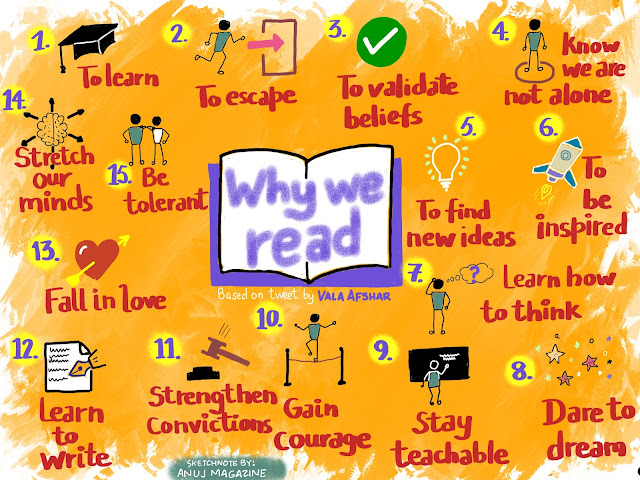Dr. Rajdeep Manwani (Rahul Dravid's classmate), narrated this story about the legend in his speech-
Rahul Dravid never attended classes regularly. One day he came to class from training and started writing notes with his Cricket gloves on. Everyone was laughing, talking, whispering, Rahul continued writing for that full hour.
After the class one of their friends asked, “why were you wearing gloves in the class? Rahul replied, ''The last two Ranji matches I played, I batted with old gloves which were very loose. When the bowler bowled, the ball went past my gloves and gave the impression of a snick. The keeper caught it and appealed. And both times I was declared out, even though I didn't touch the ball. Hence I bought these new gloves and wanted to get accustomed wearing it. I want my hands to sweat into these new gloves. So, for the next 48 hours, I will wear these gloves continuously (even while sleeping) because the next Ranji match — a semifinal — is in two days. I want my hands to sweat in and get adjusted to the gloves."
In the next 2 matches, he scored a century each and was selected to represent India for the tour to England.
In his book '7 Habits of Highly Effective People' Stephen Covey introduces the concept of circles of influence and says that proactive people (like Rahul Dravid in above example) – take more responsibility and focus on what they can do and can influence– and reactive people- shuns responsibility and focus their energy on things beyond their control. Reactive people maintain an attitude of victimisation and blame.
One of the business leaders that I admire, Prakash Iyer when asked what he would suggest for people to play to their full potential, said: PHD, which is:
Passion: which gives us direction
Hunger: momentum
Discipline: shows the way forward
When we tag people as geniuses (like we normally would associate Dravid with), we often forget that the greatest in the world have a set of routines that they practise, that allows them to deliver peak performance. It is those little, simple things done with utmost discipline that one needs to perfect and rigorously keep doing even when nobody's watching.
What are the routines of some of the inspiring people you know ? Please do try and share in comments.
(sharing a sketchnote from a few ideas i found relevant from a twitter thread https://lnkd.in/gaNx85zm












